A grandmother has relived the terrifying moment when she performed CPR on her daughter following one of two brain aneurysms, which left her hospitalized for three months and turned the high-flying restaurateur and mom of two into a “grown up baby."
When 2019 dawned, the future looked bright on all fronts for Carol Sleet, 47, the proud mom of Jacob, 15, and Isaac, 14, who, having bravely left a hotelier and hospitality company, where she had risen to be a director, had branched out alone – turning a failing local eatery into a roaring success.
But on February 11, life changed in a split second for Carol, who is no longer with her boys' dad, at her home in Leyland, Lancashire, England, when a brain aneurysm – a bulge in the blood vessels caused by a weakness in their wall – ruptured while she was sorting out the loft.

Carol's mom, Dawn Sleet, 65, who used to work at a mobile home park with her daughter's dad, Mike, 70, said: “Carol had come back with her sons – my grandsons – after work to clear out the loft.
“I was visiting, and she went off downstairs to get something and when she wasn't back within 10 minutes, I asked Jacob to go and see where she'd got to.
“Next thing I knew, he came running back upstairs saying, 'Mum's making a terrible noise.'"
“I ran downstairs to find her on the floor fitting. I called 999 and the operator talked me through how to do CPR," she continued.
“My hand played up and before the paramedics arrived Jacob had to step in for me. It was a very, very harrowing moment for us all."
Raced to Lancashire's Royal Preston Hospital by ambulance with Dawn – now her daughter's full-time carer – beside her, after an MRI scan, doctors realized Carol had suffered a ruptured aneurysm, causing a brain bleed, and took her to the operation room for emergency surgery.

While a family friend looked after Carol's children, Mike drove to the hospital and waited anxiously with Dawn during the five-hour operation.
They also phoned her brothers, plumber Nicky Sleet, 41, and mechanic John Sleet, 45, to break the news.
“I knew I needed people to be praying so I called my old church and asked them all – everyone there – to pray for Carol," said Dawn, whose daughter's was one of only 12,500 ruptured aneurysms to occur in England each year, according to the NHS.
While she was in surgery, surgeons performed endovascular coiling surgery which, done under general anesthetic, involves inserting a thin tube, or catheter, into an artery, before guiding it through a network of blood vessels into the aneurysm itself.
Tiny platinum coils are then passed through the tube into the aneurysm, meaning it is sealed off, so blood cannot enter it and it cannot grow.
To Dawn's relief, surgery was a success and, miraculously, within just a few days, Carol was sat up in her hospital bed talking.
“We were just so relieved that she'd woken up," Dawn said. “We were so unsure how things were going to play out."
But, to the family's horror, further scans two weeks after the initial operation revealed Carol had a second aneurysm on her brain, which had not yet ruptured.
Dawn recalled: “Doctors were absolutely amazed when they came in to check on Carol and she was sat up so soon after such invasive surgery."
“But literally two weeks after the first operation, they had found the second aneurysm," she continued.
“She was told she had two options – to wait and see what happened, or to have more surgery.
“Of course, she chose the surgery. The alternative wasn't an option – imagine having a ticking time bomb walking around with you. Without a doubt, it would have killed her if it had ruptured."

“Having seen her come through the last operation so well, we thought nothing of it – that it would be a piece of cake," she continued.
So, just two weeks after her initial operation, Carol was back in surgery.
This time, surgery – again, to coil the aneurysm – lasted a painstaking 10 hours, with far less successful results.
“Those 10 hours were some of the worst of my life – it was awful," Dawn recalled.
“After what felt like a lifetime, doctors came to take the family into a side room, where they told us that Carol had suffered two miniature strokes during the operation, after they struggled to coil the aneurysm.
“I've never cried so much in my life as I did that day. They told us that Carol might never walk or talk ever again."

While their mom lay in an induced coma, Carol's children stayed with their dad, who would rather not be named.
“They slowly stopped giving Carol the drugs that were keeping her in the induced coma, but every time she would begin to come round she would frantically act out, ripping at all the tubes she was hooked up to," Dawn recalled.
After three attempts to bring her round, Carol finally came to three weeks later – when it became clear something was terribly wrong.
“I knew straight away that she was back to being a baby," said Dawn, recalling how, after five weeks in intensive care, her daughter was transferred to the neurological ward, where she spent a further two months.
“She didn't need round the clock care medically, but in terms of her mental state, she was like a child. She couldn't comprehend what was happening.
“She would ask me, 'Mummy why am I in prison? What have I done wrong?' It was heartbreaking."
During her time in the hospital, nurses had to help Carol to relearn basic tasks, such as brushing her teeth and showering.
Then, in May this year, Dawn made the decision to care for her daughter at home.
“It's been really hard, but I couldn't cope with leaving her in hospital any longer," she explained.
“It's like I'm watching my grown-up daughter grow up all over again," she continued.
“She can't take her own medication, which she has a lot of to prevent seizures and control her blood pressure, or iron her own clothes, but she can feed herself and there's one thing she really loves, which is walking.
“She could walk for miles and miles, no matter what the weather – it's her only savior. She was never even a big walker before – she was more of a party girl."

“She loved helping people put together a bash, she was so outgoing and bold," she continued.
“It's such a far cry from the woman Carol had become. She always had to prove she could do whatever she wanted.
“Before the aneurysms she spent two-and-a-half years putting her heart and soul into her restaurant, which was getting glowing reviews."
“It's hard to believe that now. It's safe to safe it didn't last long without her – it's closed shop now," she added.
Realizing her own limitations, Dawn has also pushed for a mental health assessment for Carol, believing that specialist psychiatric support may help her to comprehend what has happened.
“The NHS agreed to pay for the assessment, but it's not for another four weeks and time is of the essence," she said.
So, in a bid to do all she can to help her daughter, Dawn has set up a GoFundMe page – asking kind strangers to help raise £150,000 (~$194,000) for her ongoing care.
Meanwhile, family and friends are also rallying around, organizing a string of fundraising events to help.
Dawn continued: “Even if the NHS decide on a treatment plan for Carol, it will take months on the waiting list before she sees someone and that just isn't possible – it's wasted time."
“The first year after a brain injury is crucial. That's when the brain is recovering and reconnecting neurons and synapses," she continued.
“That's why, in four weeks' time, I want to be able to take the psychotherapist aside and tell them we have enough money to pay for weekly sessions privately – straight away."
On top of the cost of ongoing psychotherapy, Dawn is also worried about the expense of looking after Carol at home without an income.
She said: “We can get help with benefits, but at the end of the day, we need to start getting an income back or we'll lose Carol's house. At the moment the lenders are very understanding but we won't be able to afford the repayments if she doesn't get better.
“It really has been the most harrowing year – especially for Carol's sons.
“Now, when she has lucid moments when she's not too tired, she says, 'I can't live like this – I want to be a mum to my boys.'"

She concluded: “I'm determined to do whatever I can do make that happen.
“Her boys just want their mum back and I want my daughter back.
“I'm hoping we can now make that happen through the kindness of strangers."
To donate, click here

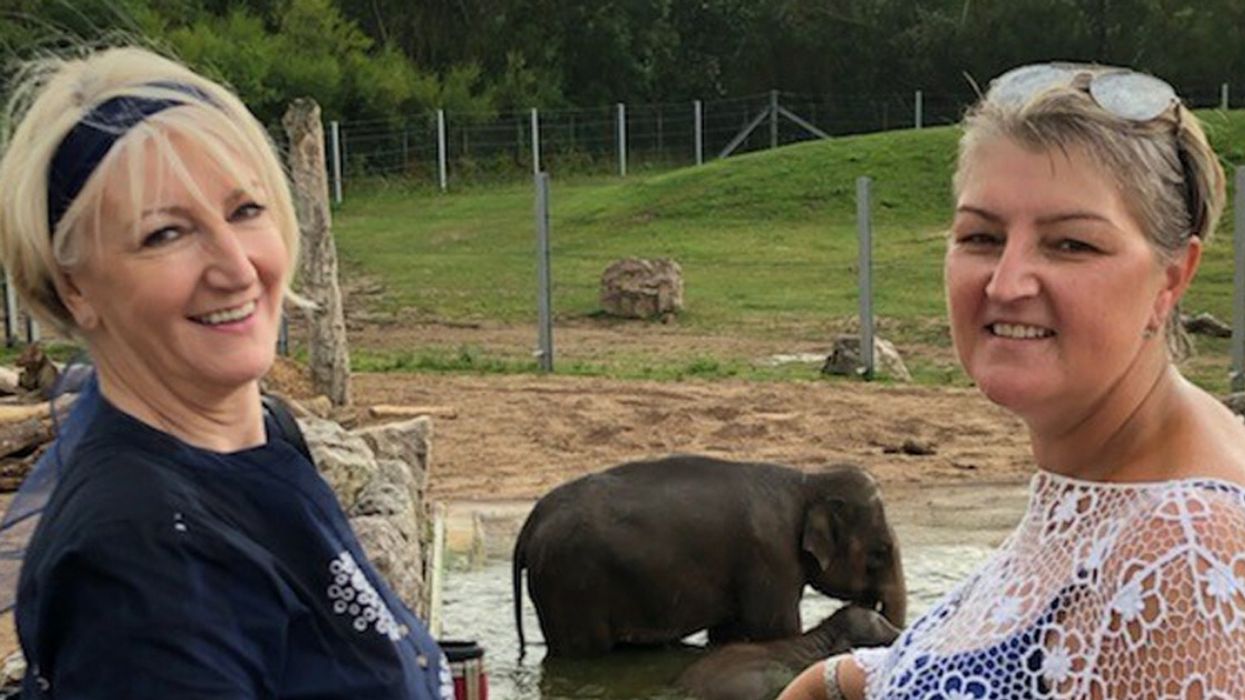






 Awkward Pena GIF by Luis Ricardo
Awkward Pena GIF by Luis Ricardo  Community Facebook GIF by Social Media Tools
Community Facebook GIF by Social Media Tools  Angry Good News GIF
Angry Good News GIF 
 Angry Cry Baby GIF by Maryanne Chisholm - MCArtist
Angry Cry Baby GIF by Maryanne Chisholm - MCArtist 




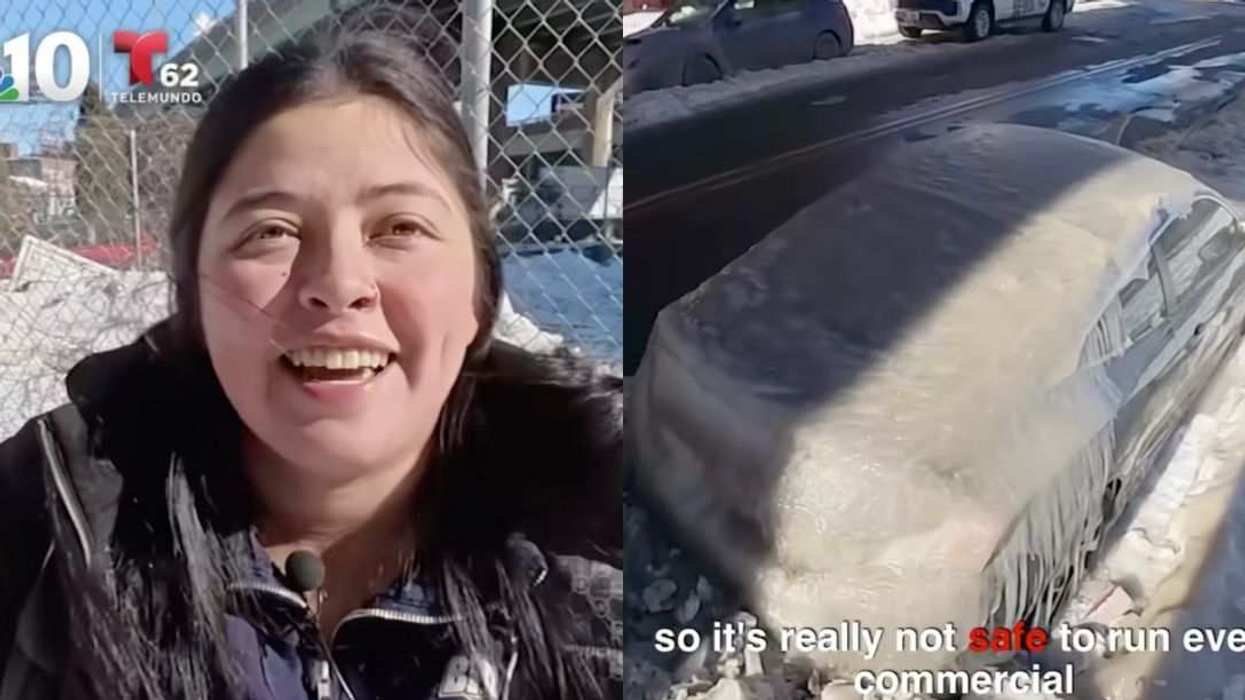
 @adriana.kms/TikTok
@adriana.kms/TikTok @mossmouse/TikTok
@mossmouse/TikTok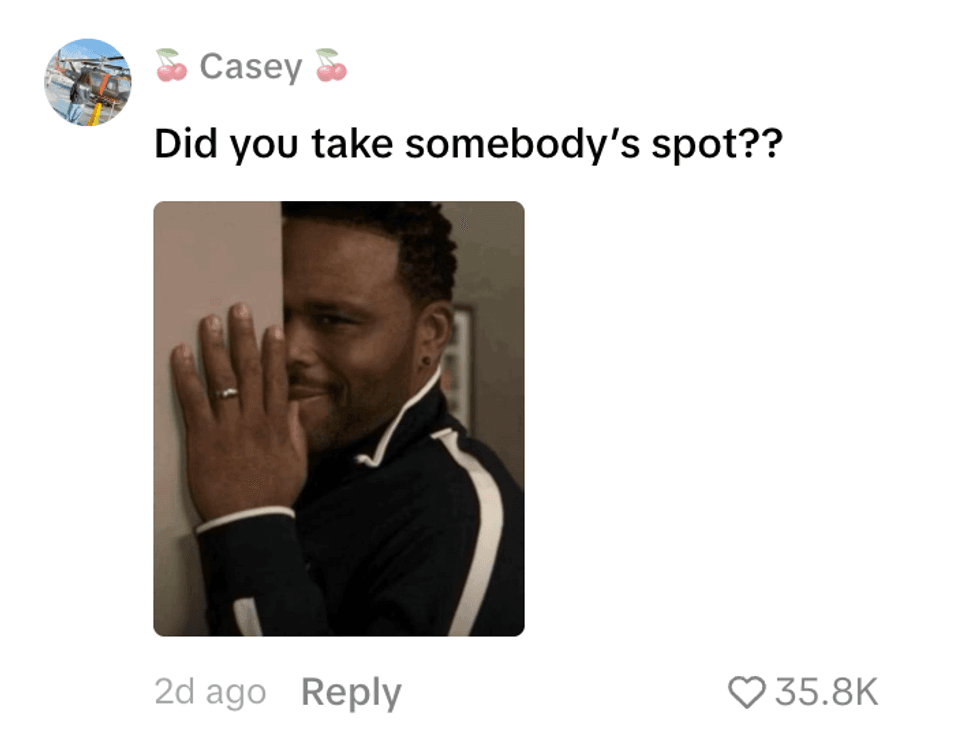 @im.key05/TikTok
@im.key05/TikTok @biontrtwff101/TikTok
@biontrtwff101/TikTok @likebrifr/TikTok
@likebrifr/TikTok @itsashrashel/TikTok
@itsashrashel/TikTok @ur_not_natalie/TikTok
@ur_not_natalie/TikTok @rbaileyrobertson/TikTok
@rbaileyrobertson/TikTok @xo.promisenat20/TikTok
@xo.promisenat20/TikTok @weelittlelandonorris/TikTok
@weelittlelandonorris/TikTok @katiebullit/TikTok
@katiebullit/TikTok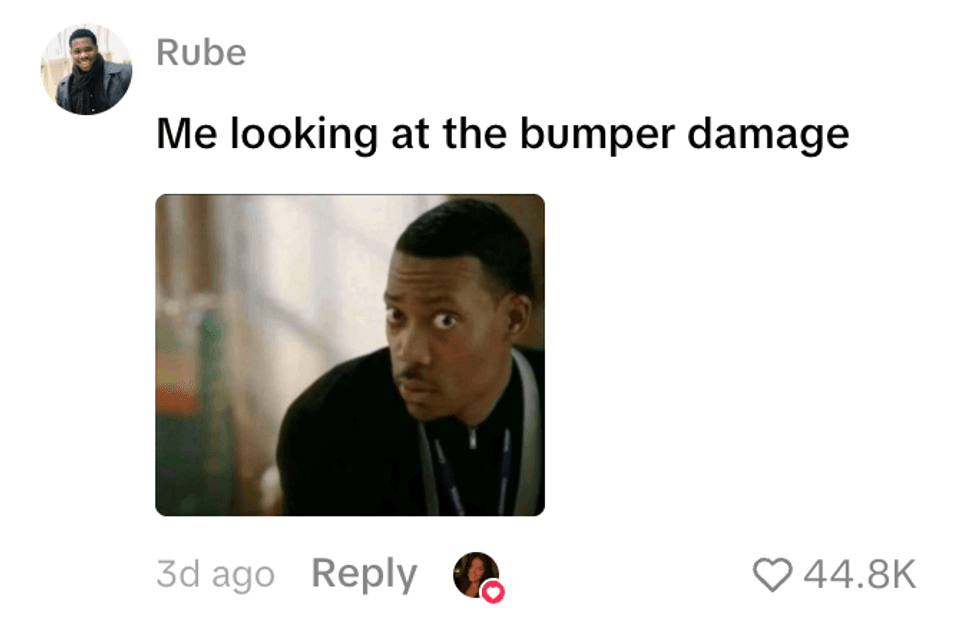 @rube59815/TikTok
@rube59815/TikTok
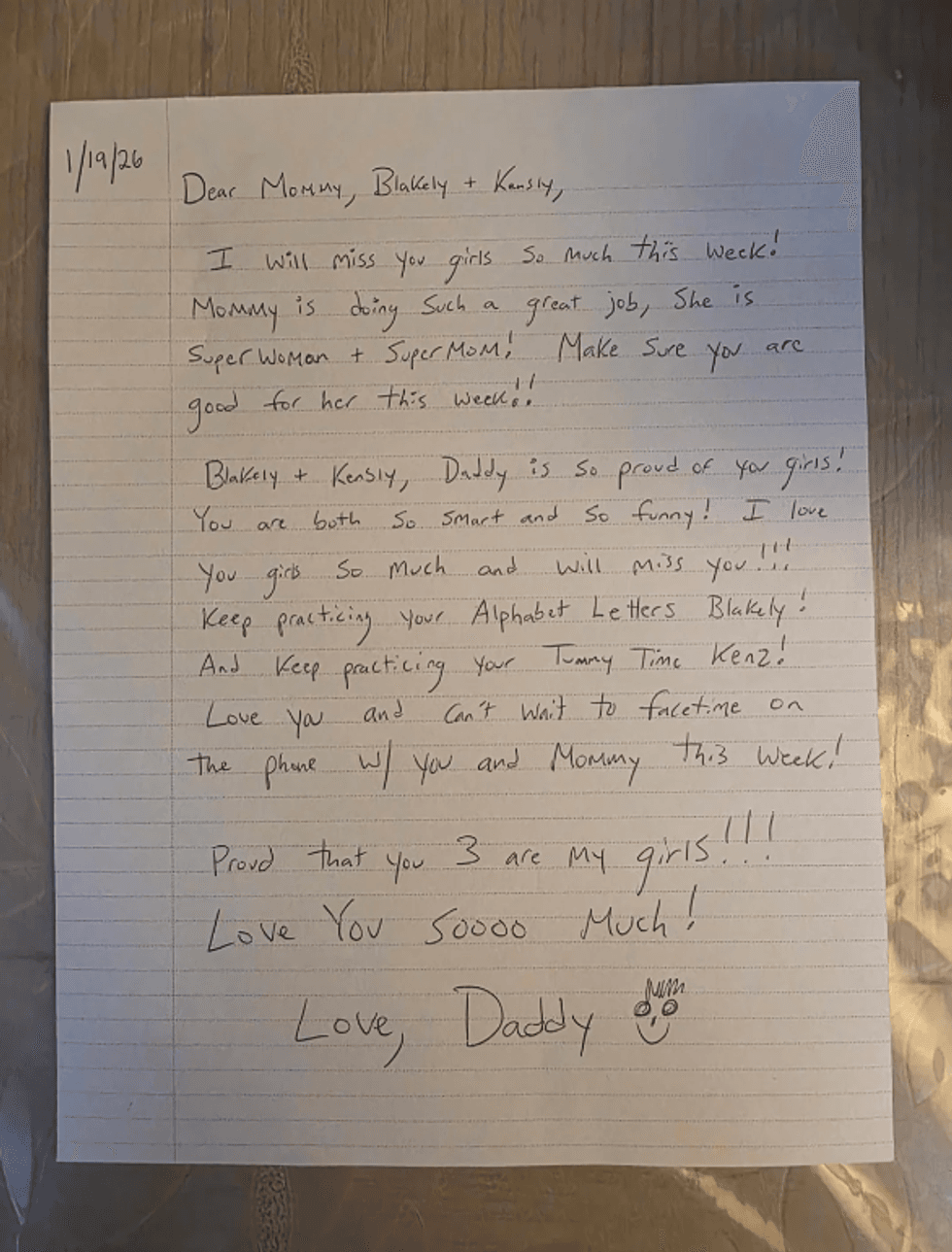 u/Fit_Bowl_7313/Reddit
u/Fit_Bowl_7313/Reddit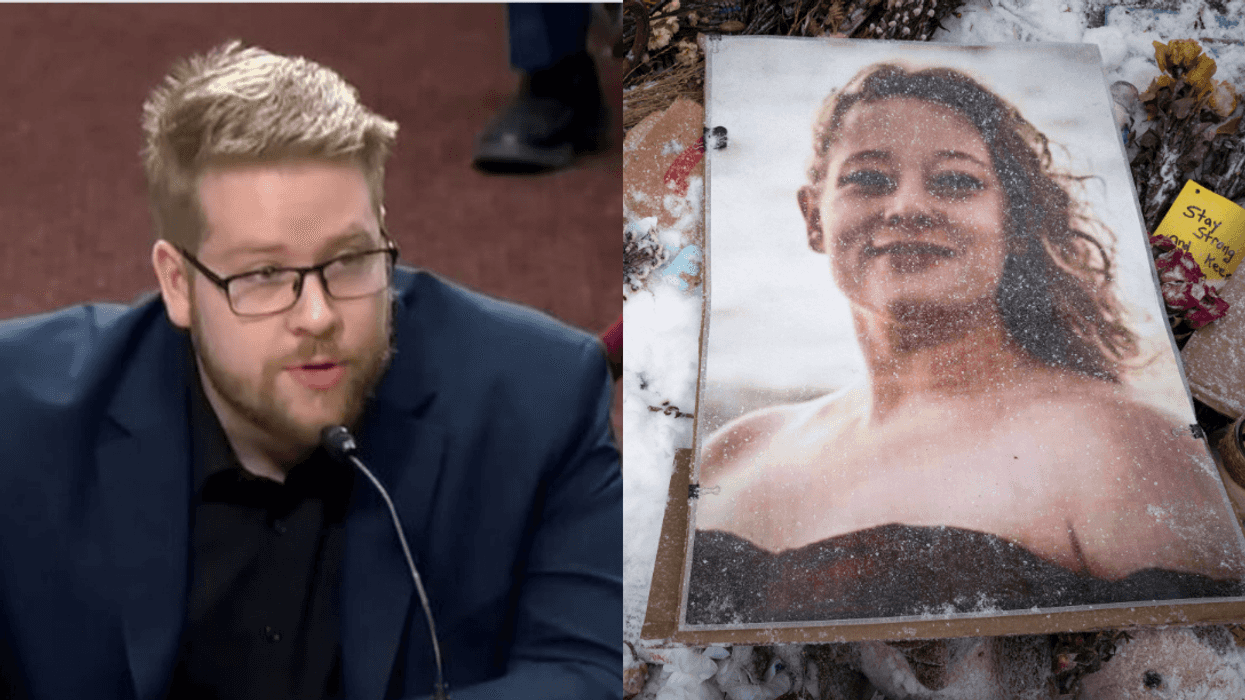
 @meteorblades/Bluesky
@meteorblades/Bluesky @bodenkelly/X
@bodenkelly/X
 @theishilist/TikTok
@theishilist/TikTok @theishilist/TikTok
@theishilist/TikTok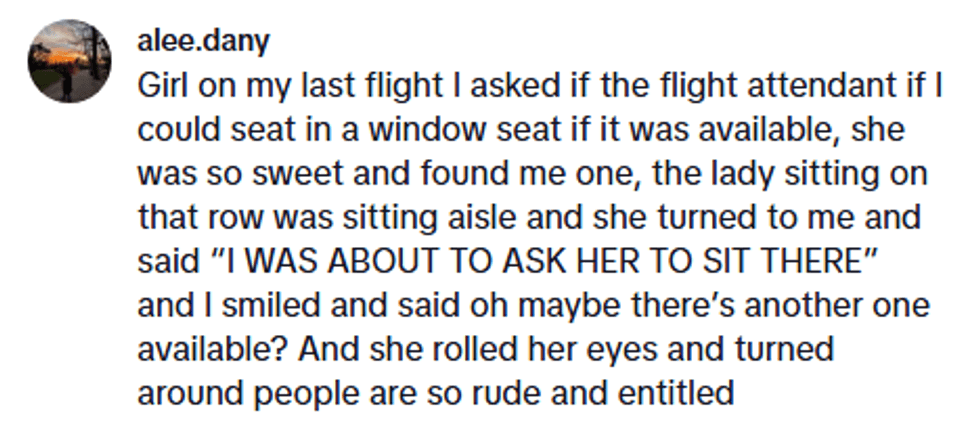 @theishilist/TikTok
@theishilist/TikTok @theishilist/TikTok
@theishilist/TikTok @theishilist/TikTok
@theishilist/TikTok @theishilist/TikTok
@theishilist/TikTok @theishilist/TikTok
@theishilist/TikTok @theishilist/TikTok
@theishilist/TikTok @theishilist/TikTok
@theishilist/TikTok @theishilist/TikTok
@theishilist/TikTok